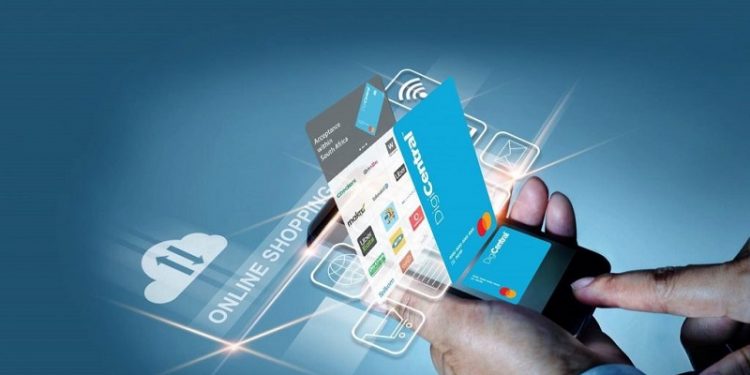The once-thriving recharge card vending business in Nigeria is losing ground as more people embrace digital payment platforms and bank-based airtime purchases, reshaping a trade that supported thousands of small-scale sellers for nearly two decades.
Findings show that an increasing number of Nigerians now prefer to recharge their mobile lines directly through banking apps or USSD services, a shift driven by the rapid adoption of cashless transactions and growing awareness of digital financial tools.
“In the past, selling recharge cards was easy. With N100,000 worth of stock, I could sell out quickly. But now, it’s the opposite. Recharge cards are no longer selling like before,” a vendor lamented, pointing to dwindling sales as customers migrate to digital platforms.
Another vendor explained that most customers now buy airtime directly from their bank accounts, often enjoying cashback or loyalty benefits. “Only those without smartphones or those unfamiliar with digital banking still buy cards regularly,” she noted.
The shift is forcing many small-scale traders to adapt or risk closure. One vendor said she had diversified her business to include POS services, bill payments, and subscription sales, though recharge cards were once her best-selling product. In an effort to retain customers, she has started offering direct airtime purchases from her banking app. “I ask for their number and buy it for them. It’s the only way to keep some customers,” she added.
While the rise of digital payments has improved convenience and efficiency for consumers, it also threatens the livelihoods of thousands of micro and small business owners whose income depends on physical recharge card sales. For these vendors, survival increasingly depends on their ability to pivot, integrate digital services into their offerings, and explore new revenue streams in a rapidly changing marketplace.
This ongoing transition highlights a broader reality for Nigeria’s informal economy: as technology reshapes consumer behaviour, small businesses must innovate quickly to remain relevant and competitive.










